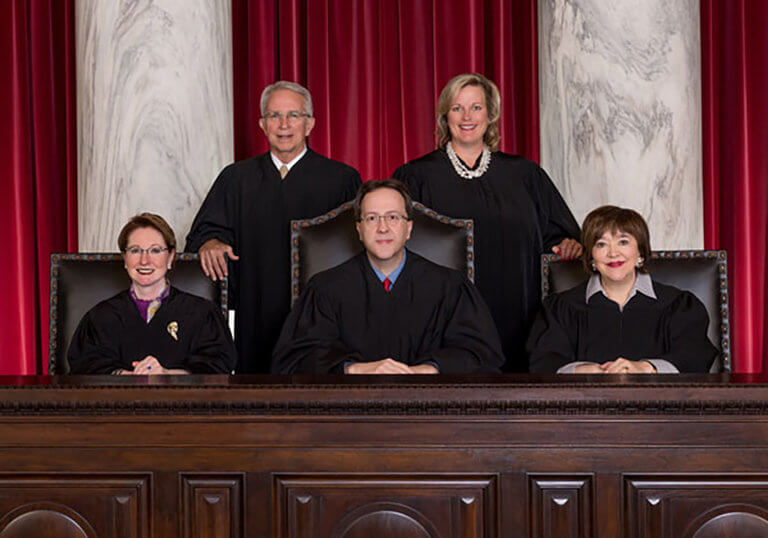The Supreme Court’s Definition of Hate Crime In WV
The West Virginia Supreme Court ruled recently that hate crime laws do not cover those who identify as LGBTQ. This is obviously highly controversial for multiple reasons, but in spite of all of the logical facts, one thing stands out the most: how complicated felony charges can be to handle, and how minuscule details can change everything. In other words, a standard definition for one word changed the entire outcome of a case debating whether or not physically assaulting people based on their sexual identity alone is a hate crime in WV. Since 1987, there have been at least 26 attempts to amend the statute in West Virginia to include sexual orientation, but all those attempts failed.

What The Law Says
The Oxford English Dictionary, which is the definitive record of the entire English language, lists two main definitions for the word “sex.” The first one is defined as “sexual activity, including specifically sexual intercourse,” and the other as “either of the two main categories (male and female) into which humans and most other living things are divided on the basis of their reproductive functions.” In the past week, the WV Supreme Court decided that neither of these definitions were reasonably included under the hate crime law and therefore there could be no hate crime charge.
Who Will Be Impacted?
Aside from the impact this will have on the LGBTQ community of West Virginia, this is a striking example of how important language is, and will always be, in law. Courtroom battles can teeter on top of the accepted or standard definition of one word, which makes it all the more reason to make sure you have someone representing you that foresees those small details. When dealing with hate crime and felony charges, there is no wiggle room. Contact Taylor & Hinkle today.
